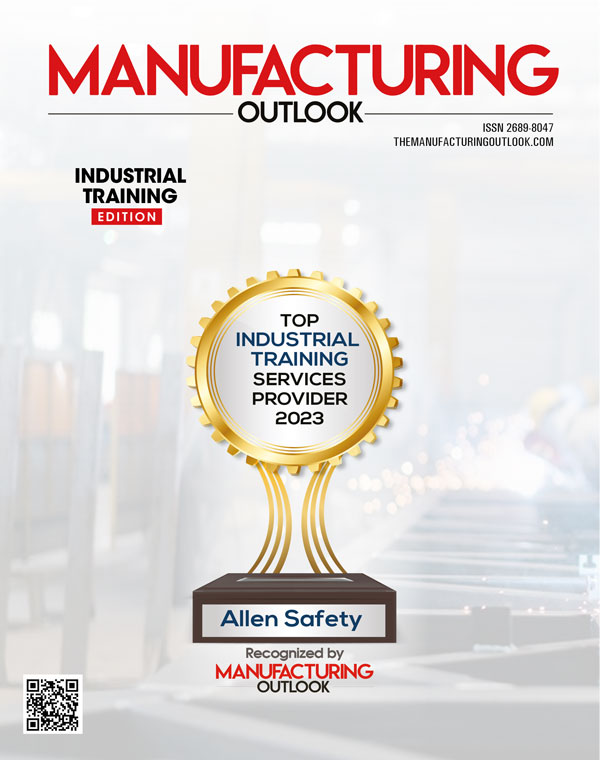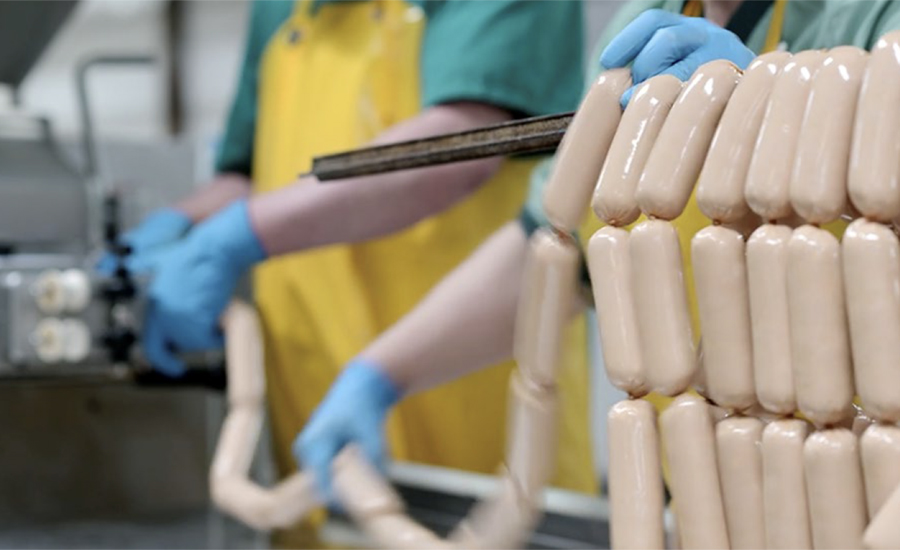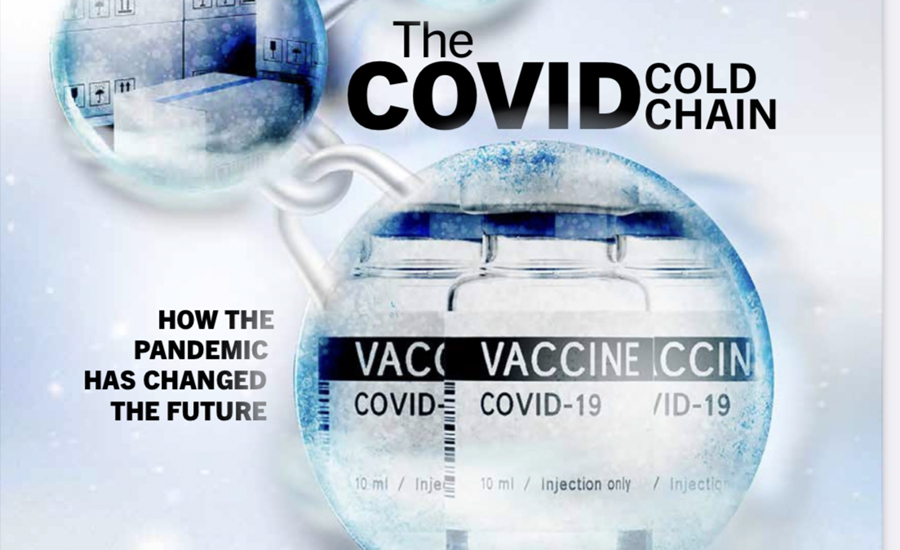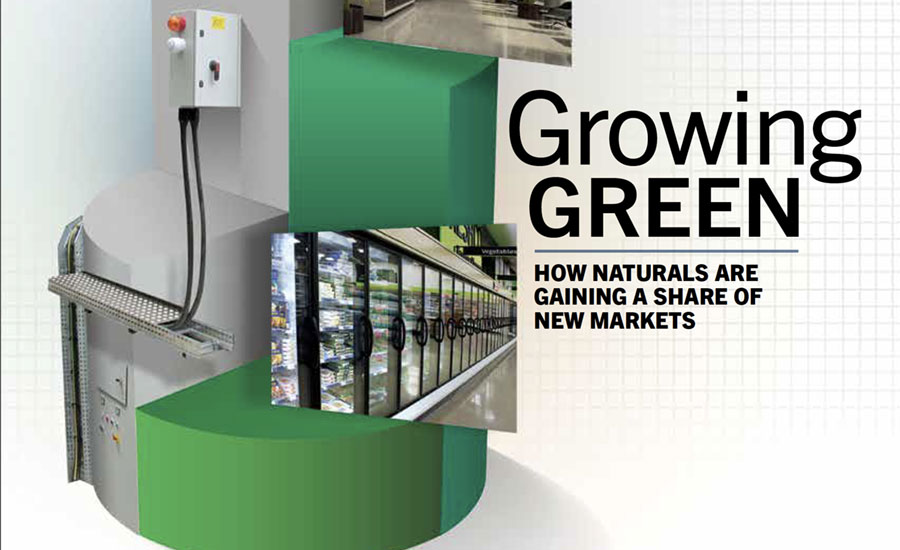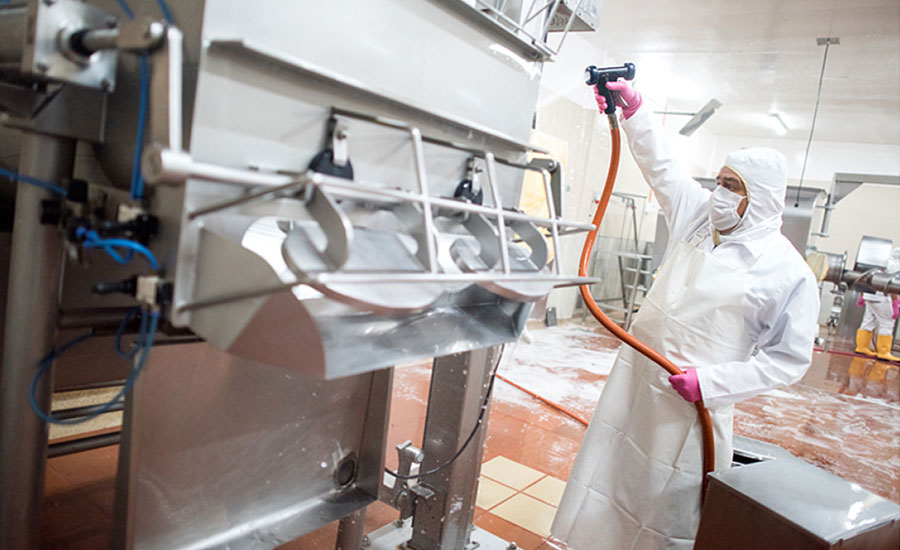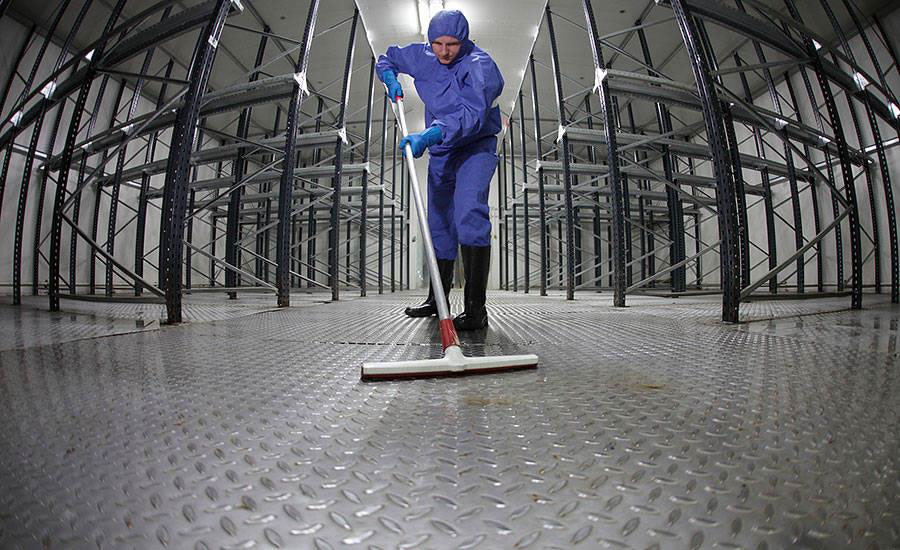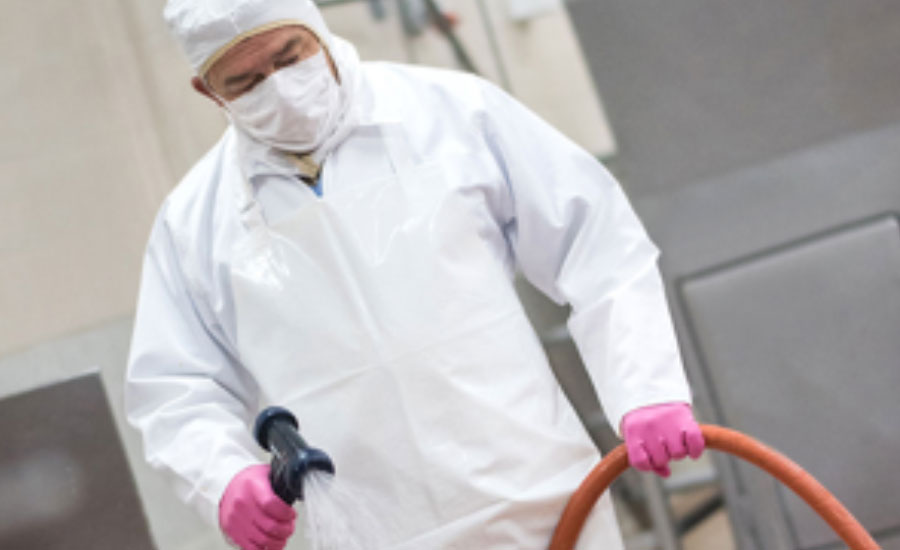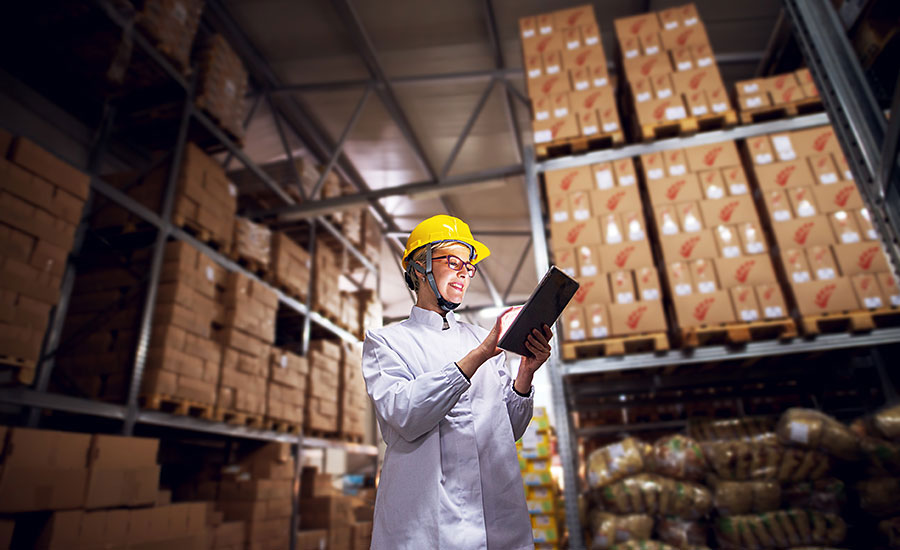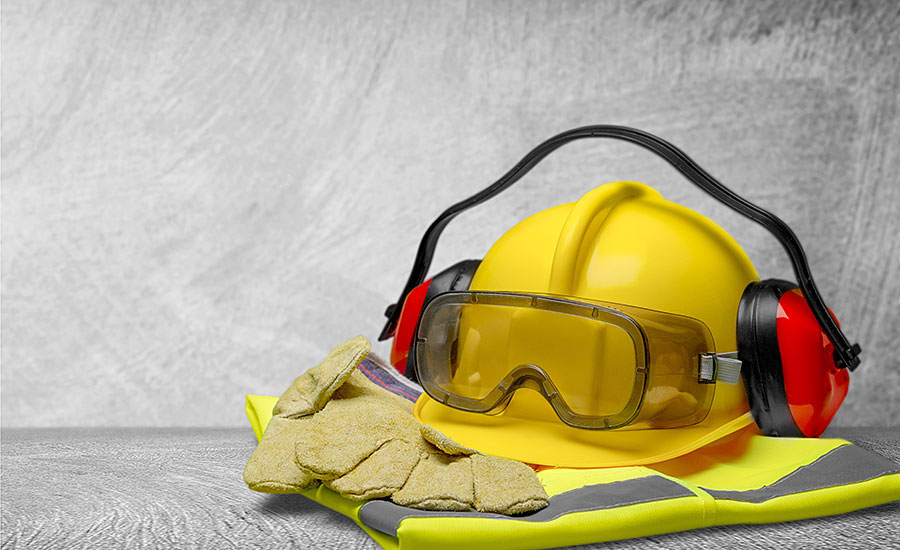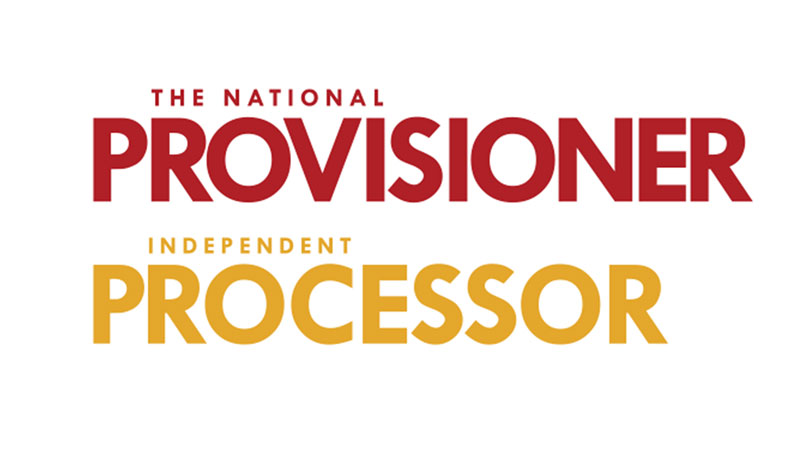Article, Joe Allen, Manufacturing Outlook
Customized Training for Process Improvement
We strongly believe safety should go beyond being ethically responsible and used as an employee engagement tool to become a means to increase efficiency and profitability.
Article, The National Provisioner Magazine
Worker protection can be problematic by Richard Mitchell
Getting employees to properly wear and handle protective gear in meat and poultry processing facilities is no simple task.
Article, Condenser Magazine, Jen Allen
Emergency Series Part 2: Emergency Shutdown and Response by Jen Allen, Allen Safety LLC
Emergency response or responding to emergencies means a response effort by employees from outside the immediate release area or by other designated responders
Article, Condenser Magazine, Jen Allen
Pre-Emergency Readiness is Well Managed Business by Jen Allen, Allen Safety LLC
As much as we don’t like to admit it, ammonia leaks happen. Even in systems, we feel we manage and care for exceptionally well. But with increasing turnover resulting in less experience on off-shifts, where management presence is the lightest, and increased wear and tear from heightened demands
being put on aging equipment, leaks are just part of the business.
Article, Jen Allen, The National Provisioner Magazine
Ensuring safe chemical handling for meat and poultry sanitation workers by Jen Allen
How to avoid a chemical calamity: The safety of workers who clean and sanitize meat and poultry facilities and equipment is highly dependent on the training they receive in the handling and use of chemicals.
Article, Joe Allen, The National Provisioner Magazine
Contract sanitation services in meat and poultry plants by Joe Allen
Sanitation made simple: The use of contract sanitation services enables meat and poultry plant operators to sidestep the burden of hiring, training, and managing workers while ensuring a full complement of cleaning personnel.
Article, Jen Allen, The National Provisioner Magazine
Ensuring safe chemical handling for meat and poultry sanitation workers by Jen Allen
How to avoid a chemical calamity: The safety of workers who clean and sanitize meat and poultry facilities and equipment is highly dependent on the training they receive in the handling and use of chemicals.
Article, Jen Allen, The National Provisioner Magazine
Room for improvement in meat & poultry worker safety by Jen Allen
Meat and poultry plants are becoming increasingly safer environments for workers in all positions.
Article, Jen Allen, The National Provisioner Magazine
Keeping Sanitation Workers Safe in Meat and Poultry Plants – By Jen Allen
Keeping sanitary workers safe in meat and poultry plants can be tough. Cleaning crews face threats ranging from handling toxic chemicals to potentially hazardous encounters with meat processing equipment...
Article, Jen Allen, The National Provisioner Magazine
Course Correction – by Jen Allen
As plant employees are increasingly given more responsibilities, processors must ensure their training is up to speed.
